Anthony De Carvalho, Head of the Steel Unit at the OECD, spoke at Eurometal’s 75th anniversary conference about the serious problems facing the global steel industry. He said the industry is going through a tough time due to long-standing structural issues, economic uncertainty, and growing geopolitical tensions.
He began by explaining the role of the OECD, a Paris-based international organization that works to improve economic and social well-being around the world. “The OECD helps countries share experiences and work together on better policies,” he said.
De Carvalho explained that the OECD Steel Committee was created in 1978 to help solve industry crises. “The steel sector faces a major crisis almost every decade. But today’s problems are more complex. Overcapacity and government support in some countries are causing serious instability in global markets,” he said.
He also pointed out that big producers like China, India, and Indonesia have left the Global Forum on Steel Excess Capacity, which was created in 2016. Their exit, he said, has made the overcapacity problem worse and disrupted market balance.
According to OECD research, overcapacity has led to around 113,000 job losses in OECD countries. Carvalho warned that lower profits make it harder for companies to invest in new technologies or reduce carbon emissions.
“Steel is essential for sectors like energy, infrastructure, and transport. It’s not just important for the economy but also for people’s daily lives,” he said.
He added that current global economic conditions are making things even harder. Consumer and business confidence is falling, public debt is rising, and financial conditions are tight. The OECD expects global economic growth to slow from 3.3% last year to 2.9% this year, partly due to slower growth in the U.S. and China.
Carvalho said unfair subsidies in some countries are a big problem. “Some governments give cheap energy and financial support to their steelmakers, creating unfair advantages. This hurts producers in countries that follow market rules,” he said.
He also emphasized that these problems are not only economic—they also affect jobs and climate goals.
To help solve these issues, the OECD is working to improve cooperation between governments and the steel industry. Carvalho said the OECD’s reports and data support better decision-making.
He ended his speech by stressing the need for fair competition: “Steel is a strategic industry. It needs a fair, open, and balanced global market to grow in a sustainable way.”


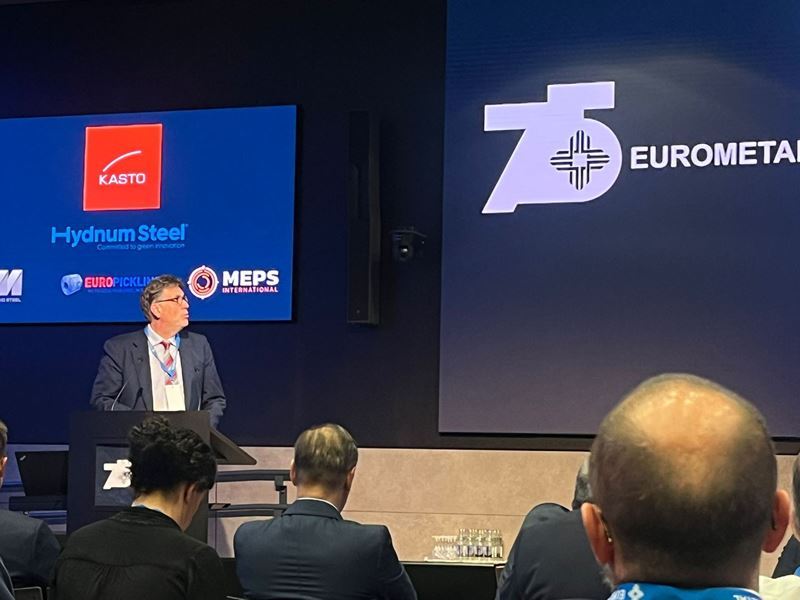
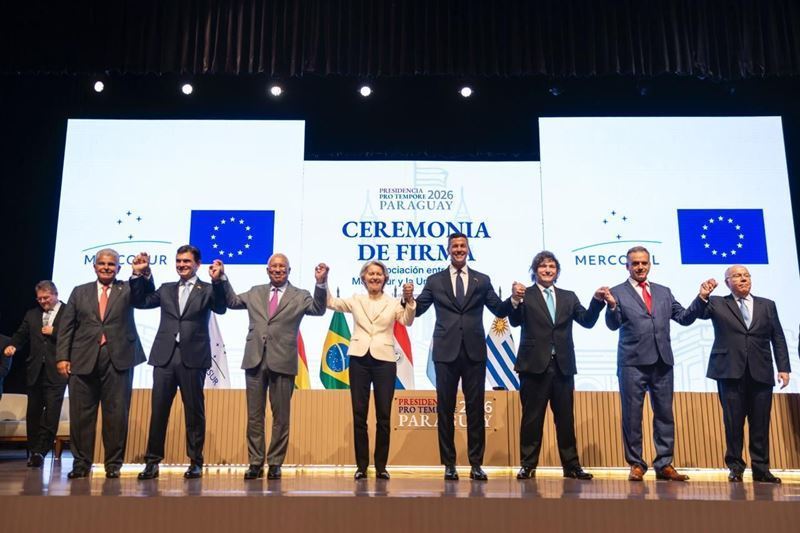
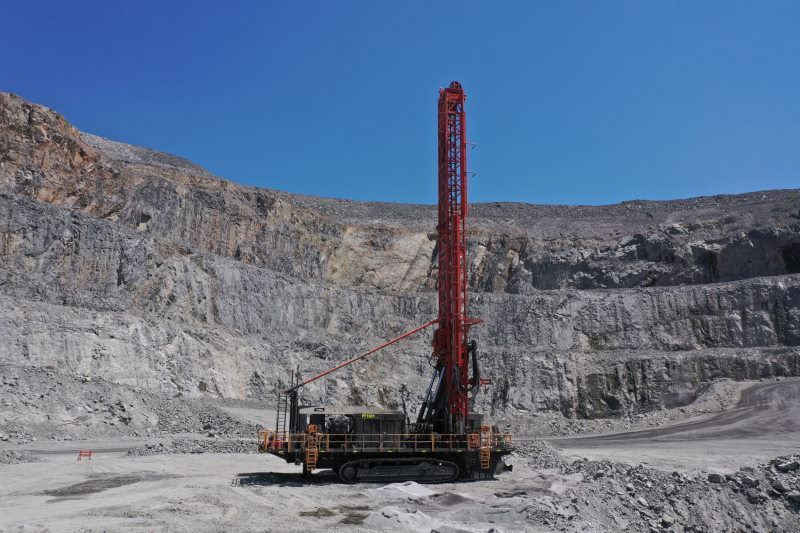
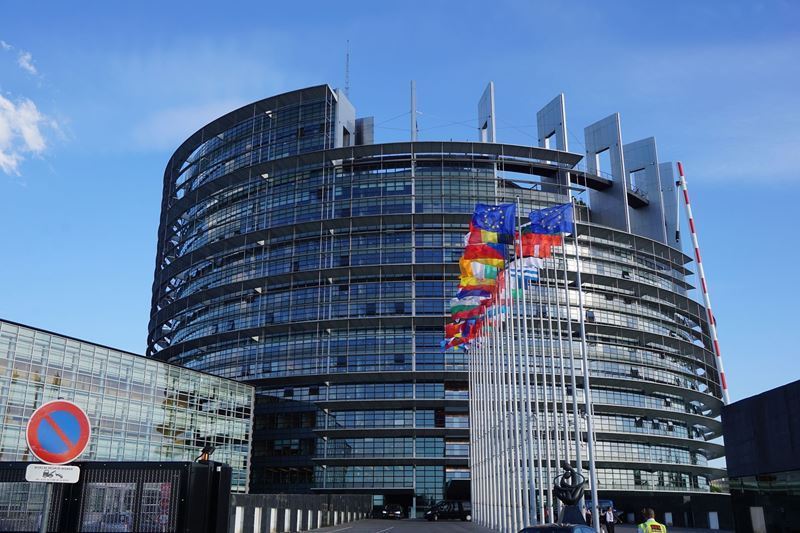
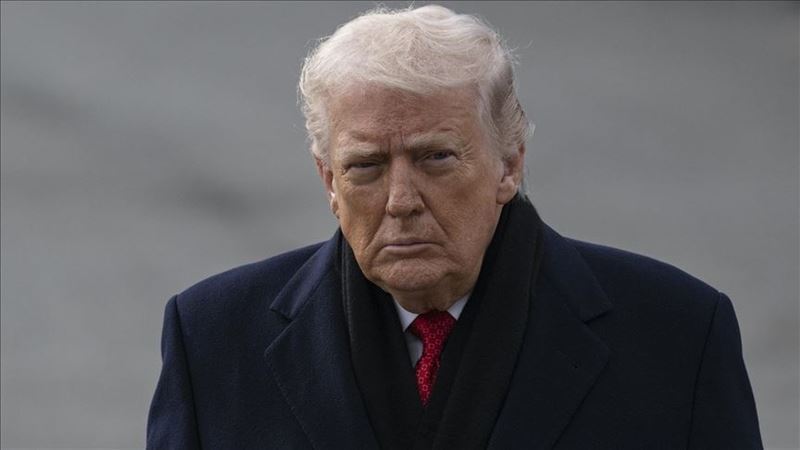
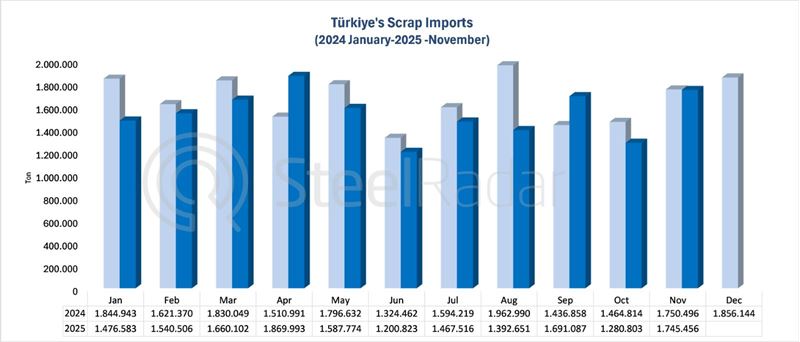


Comments
No comment yet.